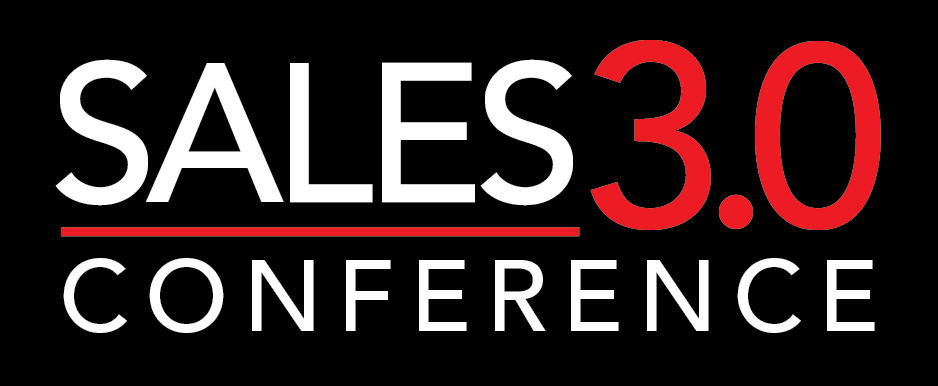Traditionally, the purpose of B2B sales was to profitably dispose of finished goods inventory. When factories turned out finished goods to a production schedule based on a forecast (a guess) of what the market might absorb, a lot of capital was tied up in that inventory. This in turn needed to be turned back into cash to provide new working capital to buy raw materials and parts to make more products. If all went well, there was cash left over to invest in factory capacity or maybe distribute as dividends to owners of publicly-held companies. Sales was effectively an external mechanism to make that goods-to-gross-profit conversion happen quickly enough to keep the cycle going. We gave a good sales rep a territory, some product information, and a discounting process, and, voilà, the inventory moved, and cash flowed back to the company and the rep.
Meanwhile, though, things have changed. As the saying goes, “Software has eaten the world.” Even Attentive Industries, a more than century-old Tier 1 automotive supplier primarily engaged in manufacturing sheet metalwork products, is now a software company as much as a hardware company. When the pandemic shattered the global supply chain, it was a shortage of computer chips that crippled car manufacturers’ ability to make new cars. Used cars, with their chips already in place, became pricey. New cars – lacking chips and, therefore, unable to run the myriad software programs that make modern cars work – clogged waiting lists.
So, what does this have to do with false negatives in sales? The key is to understand the new role of sales in a software-saturated world. The interesting thing about software and software-enabled products is that they almost always need to be integrated with existing software, systems, and processes. Unlike an old-fashioned product you could buy and simply use after some installation and setup, modern B2B products (despite vend or claims) come with massive integration complexity – and even more massive career risk for whoever is brave enough to lead their buying team colleagues to a purchase decision.
The false negative crisis derives directly from this new universal requirement for integration. A purchase decision has become an act of faith, because it’s impossible to know for certain that the integration will succeed at all – much less do so in a timely fashion.
The result is that the classic sales qualification, based on discovering “pain” that can be addressed by your product’s features, is no longer practical. To be sure, a prospective buyer needs to be convinced it is possible for your solution to work in their business, but they need more. They need to believe in you and your team as experts who are sincerely on their side, because hard experience has taught them that product capabilities by themselves do not address integration. You and your team become the product, and classic qualification – based on an evaluation of near-term need plus budget and authority to buy – will leave the bulk of your addressable market to any competitor that takes a longer view.
The role of sales in a world full of software is no longer to find and harvest this quarter’s opportunities to close profitable deals. It is, instead, to identify and nurture longer relationships that allow a buyer to make the necessary leap of faith that both your product and your team will work for them. When you walk away from a high-potential opportunity because that process will take several quarters (or even years) – citing lack of budget, timing issues, or even difficulty finding a single person with buying authority – you are gifting that false-negative opportunity to your patient competitor who plays a longer, more thoughtful, and more generous game. Your false negatives will serve as fuel for your competitors’ growth – maybe not this quarter, but surely by killing your results relentlessly over time.

Follow Chris Beall on his Market Dominance Guys podcast on your favorite podcast broadcaster. Chris Beall is CEO at ConnectAndSell, a Silicon Valley–based corporation. For 30 years, Chris has led software startups as a founder or early-stage developer. He believes the most powerful part of a software system is the human being, and that the value key is to let the computer do what it does well (go fast without getting bored) in order to free up human potential. To learn more about what ConnectAndSell’s sales-acceleration platform can do to help you achieve your sales goals, visit https://connectandsell.com/.




